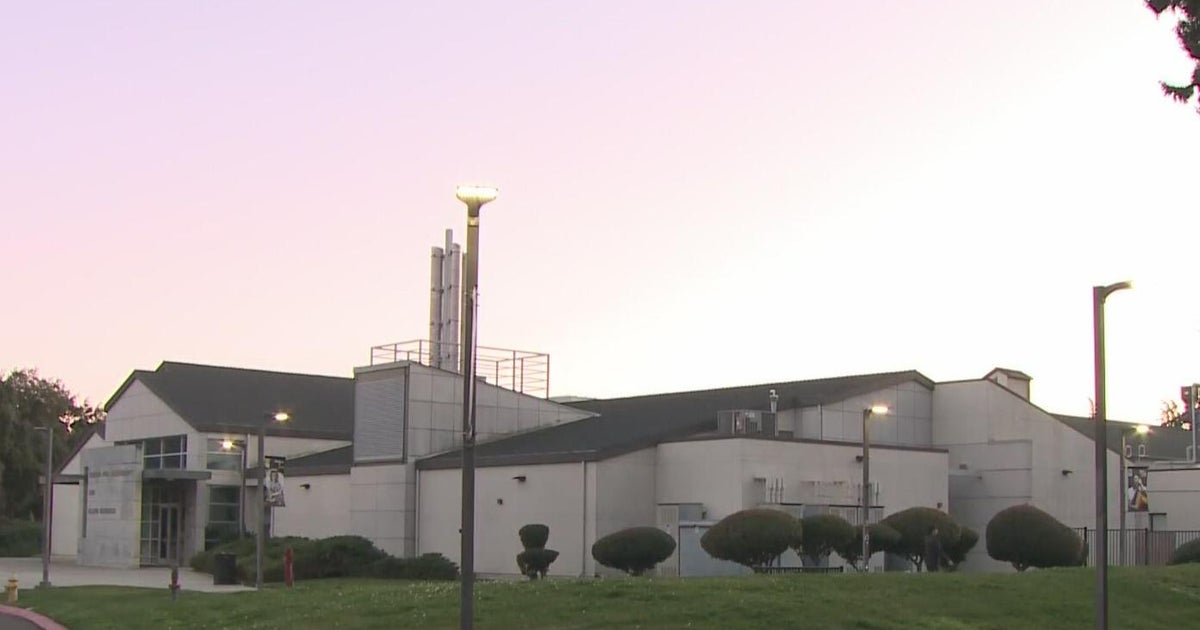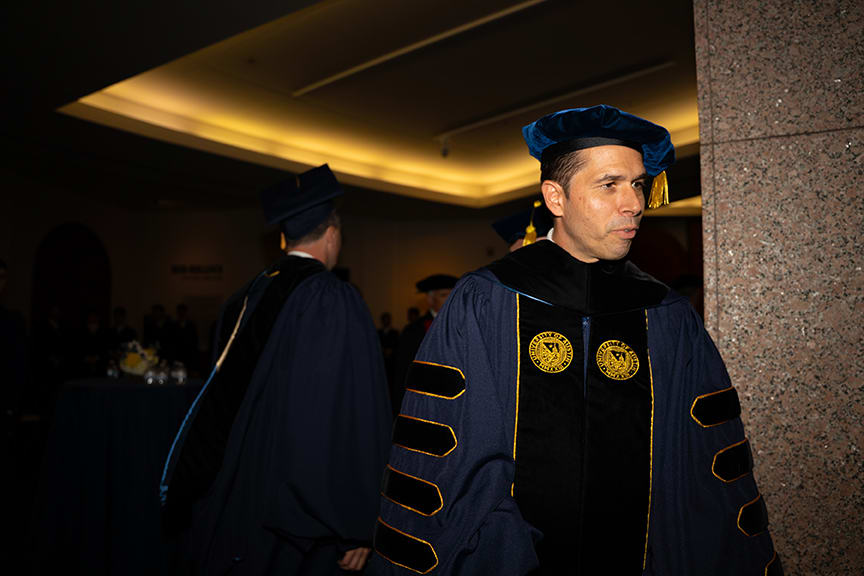The top 10 jobs for Americans without college degrees
The labor market may be changing, valuing workers with college degrees over those with lower education levels.
Yet that doesn't mean that good jobs aren't available for Americans with only a high school degree or some college, such as an associate's degree. The majority of workers fall into the latter category, since just one-third of adults have a bachelor's degree.
In fact, there are 30 million good jobs for less-educated workers that pay a median annual wage of $55,000, compared with 27 million of such jobs in 1991, a recent study from Georgetown University and JPMorgan Chase found.
So where are those good jobs? One industry tends to dominate, according to a new study from CareerCast: health care.
A few other trends jump out among the jobs identified as the best occupations for Americans without college degrees: skills are important, ranging from tech know-how to professions that require vocational training.
Nevertheless, earning a college degree is a often a better route to higher earnings, given that the Economic Policy Institute estimates workers with a bachelor's degree earn about 56 percent more than those who don't, CareerCast noted.
Read on to learn about the top 10 jobs for workers without a college degree.
Broadcast technician: $42,550
Broadcast technicians typically work in radio, television or recording studios, but they can also work in hotels, arenas or other public spaces where electrical equipment is used, according to the Bureau of Labor Statistics.
Entering the profession requires an associate's degree or postsecondary non-degree award, the BLS noted. The median pay is $42,550, with employment projected to grow by 7 percent through 2024, or about on par with job growth overall.
Diagnostic medical sonographer: $64,280
These technicians operate imaging equipment to conduct tests for physicians. Most of them were employed by hospitals in 2014, although some work in physician's offices and laboratories, the BLS noted.
While a bachelor's degree isn't necessary, some formal education is required, such as a postsecondary certificate or an associate's degree. New jobs in the field are expected to grow by 24 percent through 2024, or much faster than the typical occupation.
Electrician: $52,720
A profession that keeps Americans out of the dark, electricians are projected to see much more demand for their services over the next several years. Employment is expected to grow 14 percent through 2024, or much faster than overall job growth.
Most electricians learn through either an apprenticeship or attending technical school, although it isn't necessary that they have more than a high school degree or equivalent. Electricians also need to be licensed in most states.
Executive assistant: $55,860
High school graduates typically qualify for this role, which requires clerical and administrative duties such as scheduling appointments and organizing files.
Still, executive secretaries typically have several years of experience under their belts. While it's a good-paying job for high school grads, this one doesn't have much growth ahead of it, with the BLS projecting the occupation will expand by only 3 percent through 2024.
Industrial machine repairer: $49,100
These workers maintain and repair factory equipment in a job that's expected to grow by 16 percent through 2024, according to the BLS.
Demand for workers who can fix machinery is expected to grow as more companies automate their offices and factories. A high school degree is required, but most have additional training through a technical school or an apprenticeship, the BLS noted.
Medical records technician: $38,040
People who work in this profession help organize and manage health data. Employment is expected to grow by 15 percent through 2024, or faster than the typical job growth.
Most people in this role don't require more than a high school degree, although the BLS notes that some may need an associate's degree.
Paralegal: $49,500
Paralegals help attorneys by handling tasks such as undertaking legal research and organizing files. While a bachelor's degree isn't needed, most in the role have an associate's degree or a certificate in paralegal studies, according to the BLS.
There is competition from college grads, as some law firms hire workers with a bachelor's degree and train them in the legal field.
Employment is expected to grow 8 percent through 2024, or about typical for all occupations, the BLS noted.
Plumber: $51,540
Like electricians, plumbers can earn a solid living without a college degree. Many learn the skill by attending a technical school or through an apprenticeship, the BLS noted.
The profession is likely to grow by 12 percent thorough 2024 as more buildings are constructed over the next several years.
Respiratory therapist: $58,670
Professionals in this role treat patients who have difficulty breathing, such as people with chronic diseases such as asthma or emphysema. Most of them work in hospitals and typically have an associate's degree, although the BLS notes that some have bachelor's degrees.
The job is expected to grow by 12 percent through 2024, slightly faster than the average for all jobs. The growth will be fueled by America's aging population, which will be in increasing demand for such therapies.
Web developer: $66,130
Web developers design and create websites, and also oversee technical issues like capacity and speed. A skilled trade, web developers typically need an associate's degree in web design or a related field, although many have higher levels of education.
The employment of this occupation is expected to surge by 27 percent through 2024, or much faster than the typical occupation, the BLS predicts.
CareerCast has cited the profession as one of the best jobs for either part-time or freelance work this year, since there's plenty of work available and it can be completed on a contractual basis and on a flexible schedule. About 1 in 7 web developers was self-employed in 2014, according to the BLS.














